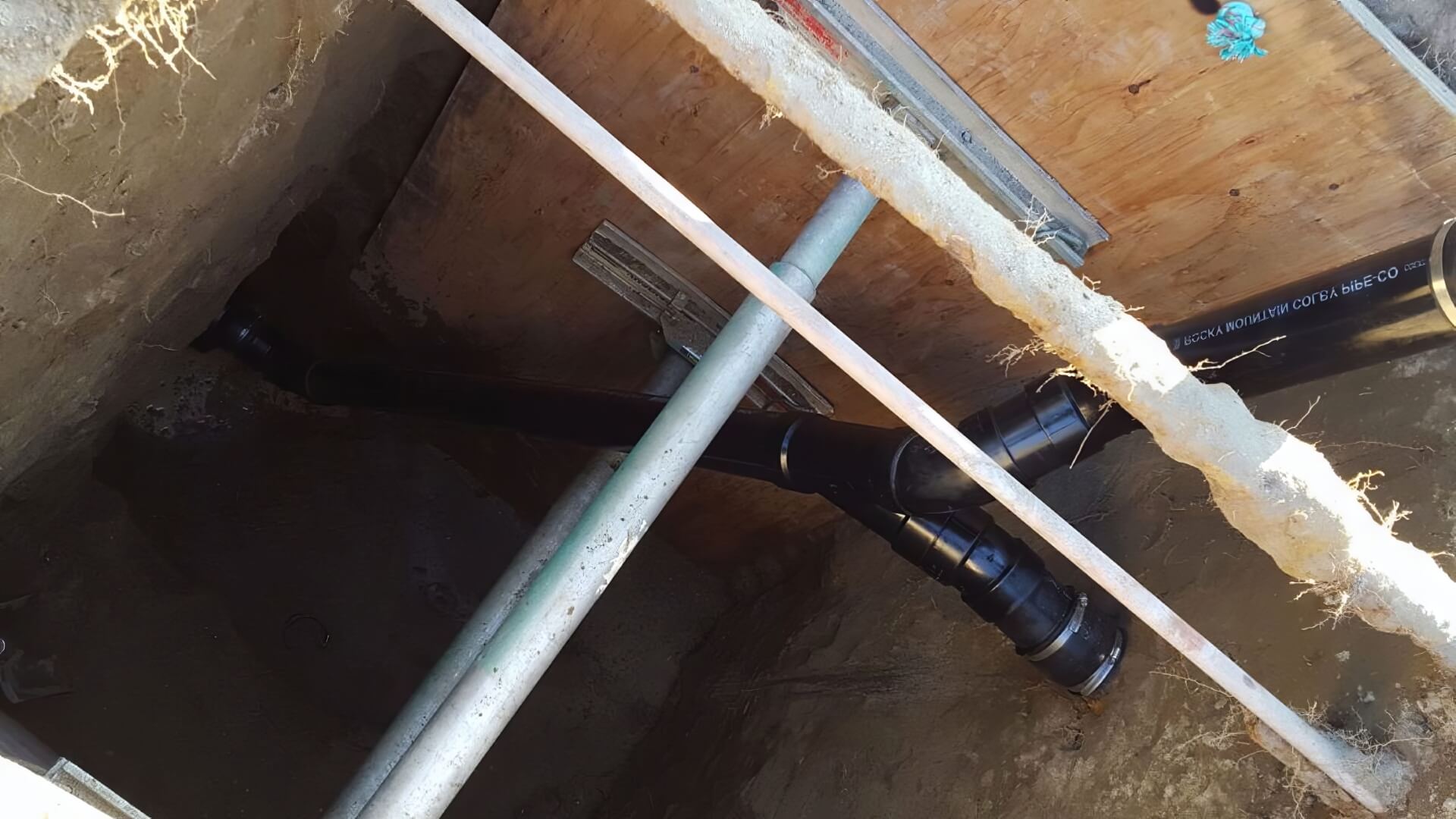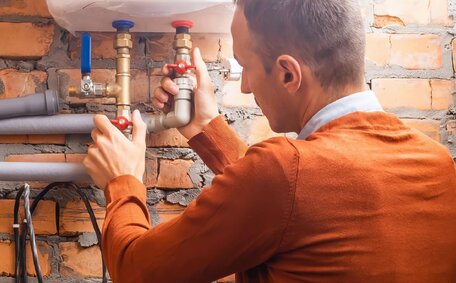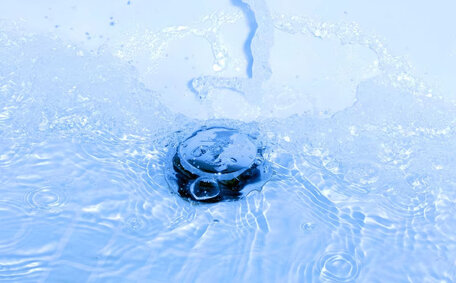Introduction to Hot Water System Temperature and Safety
Maintaining the correct temperature of your hot water heater is essential for both comfort and safety in your home. Rapidly heated water presents a severe scalding risk, particularly for vulnerable populations such as children and the elderly. Conversely, water temperatures set too low can promote the growth of harmful bacteria such as Legionella. Striking the right temperature balance between hot cold water is key.
As dedicated Ryde plumbing specialists, we at Ryde Plumbing are proficient in maintaining your hot water system for optimal safety and efficiency. Leveraging decades of hot water safety expertise, we guarantee your hot water system’s peak performance through meticulous inspection, repair, and guidance.
In this article, we’ll walk through hot water heater basics - temperature regulations, safety considerations, efficiency benefits and more. Let us offer you practical tips that will enable Ryde residents to enhance their systems for both safety and efficiency.
Understanding Optimal Temperature Settings
The recommended temperature for Australian hot water is 50-60°C, as advised by domestic plumbing regulations. This temperature range is essential to control legionella bacteria, preventing dangerous growth while also mitigating the risk of scalding.
A thermostat valve is critical to ensuring your hot water system provides precise temperature control and uniform water distribution. Correctly configuring your gas hot water heater is paramount—too high a setting can proliferate bacteria, while too low raises the risk of serious scalding. Aim to keep the water temperature between 50-60°C, hot enough for safety without breaching thresholds that may pose hazards.
For extra electric water safety, thermostatic mixing valves ensure the temperature doesn’t creep too high, can automatically temper water to 50°C or less. They provide an added layer of protection, making them particularly beneficial for the safety of young children and elderly residents.
Setting all hot water temperatures optimally not only ensures safety but also conserves energy and reduces bills. Water storage systems heated to 60-70°C waste more energy through standing heat losses. Maintaining and ensuring your storage tank water temperature remains at 50-60°C is essential for optimising energy use and system efficiency.
If you’re unsure about managing your water heater temperature, Call Ryde Plumbing on 1300 349 338 for an inspection that includes temperature checks and necessary adjustments. Our licenced technicians can advise on the best hot water heater set point for safety and efficiency.
Risks of Water That’s Too Hot
A hot water tap poses a risk of severe scalding at temperatures as high as 60°C if not adequately regulated. Each year in Australia, the elderly and children sustain serious burns from tap water exceeding 49°C.
At 50°C, it takes 5 minutes of exposure to cause a serious burn. But it’s crucial to know how hot the water should be, because at just 60°C, full thickness burns happen in only 1 second. That’s all it takes to cause permanent scarring and disability.
Children and seniors are most at risk, as their skin is thinner and more sensitive to extremes in hot water supply temperatures where hot water can pose a danger. Additionally, children are naturally inquisitive and less wary of surfaces where water hot can be a danger.
As well as scalding danger, a lack of control over high temperatures in water over 50°C can damage plumbing systems over time. The extreme heat can degrade pipes, causing leaks or other issues.
To avert scalding and system damage, fit a pressure and temperature relief valve to keep water heaters from surpassing 50°C. This safety mechanism releases excess heat and pressure if the temperature of the water reaches the maximum temperature, before it becomes hazardous.
Ryde Plumbing are specialists in installing and maintaining relief valves on all makes and models. If you are unsure if your system has one, email us or call 1300 349 338 for an inspection.
Dangers of Water That’s Too Cold
Water that is not adjusted to the proper temperature also carries risks. Temperatures below 60°C allow dangerous bacteria like Legionella to multiply to hazardous levels.
Legionella bacteria can cause Legionnaires’ disease, a severe form of pneumonia, especially in vulnerable groups like the elderly or immunocompromised. According to guidelines like hsg274 part 2, hot water systems in facilities like hospitals and care homes need careful temperature regulation for health safety to prevent Legionella growth.
To safeguard against bacterial growth in systems like your solar hot water heater, Ensure maintaining a consistent temperature above 50°C. Set your hot water systems to maintain a minimum temperature of 60°C for effective temperature management.
A temperature too low doesn’t just pose a health risk – it also wastes energy. Water that is lukewarm will typically be reheated, costing you more on bills over time.
Make sure to prevent bacteria growth and ensure that your hot water system can maintain energy-efficient temperatures, by regularly checking the system’s settings. If it drops below 50°C, contact Ryde Plumbing on 1300 349 338 to adjust your thermostat to the optimal 60-70°C range.
Adjusting Your Water Heater Temperature
Appropriately setting your water heater temperature is essential for optimising system safety and efficiency. There are a few key things to keep in mind:
- Consult your instruction manual to understand the type hot water system you have, as each is different; check the user guide for specific temperature setting directions.
- For continuous flow or storage water systems, adjust the thermostat dial appropriately. To turn hot water temperature up, move the dial towards "hot", and to lower it, towards "cool". Make small 5 degree adjustments to adjust hot water temperature at a time.
- For delicate systems like gas, electric, and solar hot water heaters, engaging a licensed plumber to correctly set the temperature is advisable. Improper adjustments can lead to leaks or other costly issues.
- Install tempering valves which can efficiently bring your hot water to safe levels. This mixing valve automatically keeps water below 50C at points of use like taps and showers. An affordable way to prevent scalds.
- Check temperatures where there may be fluctuations regularly; use a digital thermometer to monitor monthly and make adjustments as needed.
Lowering your heater temperature can save energy, with just 10 degrees Fahrenheit/5 degrees Celsius reduction in temperature hot saving 3-5% on energy bills. However, ensuring a lower temperature should not compromise safety, so never reduce it below 50C or bacteria risks increase.
Unsure what you need consider when the water temperature is too hot or too cold? Ryde Plumbing are specialists at inspecting and adjusting household hot water systems. Call us or email to optimise your system today.
Maintaining Your Hot Water System
Ensure the safe and efficient operation of your hot water system and water supply by adhering to a regular maintenance schedule. It’s advisable to have a licenced plumber inspect your system yearly, evaluating it for any leaks, corrosion, sediment accumulation, and making necessary adjustments to your thermostat. They’re also skilled in testing temperatures to ensure your hot water tank is heated optimally.
There are also simple tasks you can do yourself, like flushing hot water heaters to remove sediment and maximising insulation. Effective insulation can help by covering your exposed water tank heaters and pipes, improving energy efficiency and reducing standby heat losses. Lastly, be vigilant about your power bills; if you notice a surge, it might be time to turn off water supply heating and call for a maintenance check.
Knowing When to Call a Professional
As your household hot water system matures and endures heavy usage, various issues can arise that can affect both safety and efficiency. Some signs it may be time to call in a professional plumber include:
- Fluctuating water temperatures, experiencing run cold water unexpectedly
- Discoloured or cloudy water coming out of taps
- Strange noises from the water heater like rumbling or banging
- A sudden spike in your power bills suggesting a problem
- Temperature creeping above 60°C into the danger zone
Early detection of issues with your hot water system helps prevent costlier repairs in the future. Ryde Plumbing’s skilled technicians can inspect your entire hot water setup and provide solutions to restore safety and efficiency.
For the best hot water system advice and maintenance in the Ryde area, call us on 1300 349 338 or email to book an appointment. Our team of licensed plumbers possesses the expertise to optimise your system’s performance and safety.






